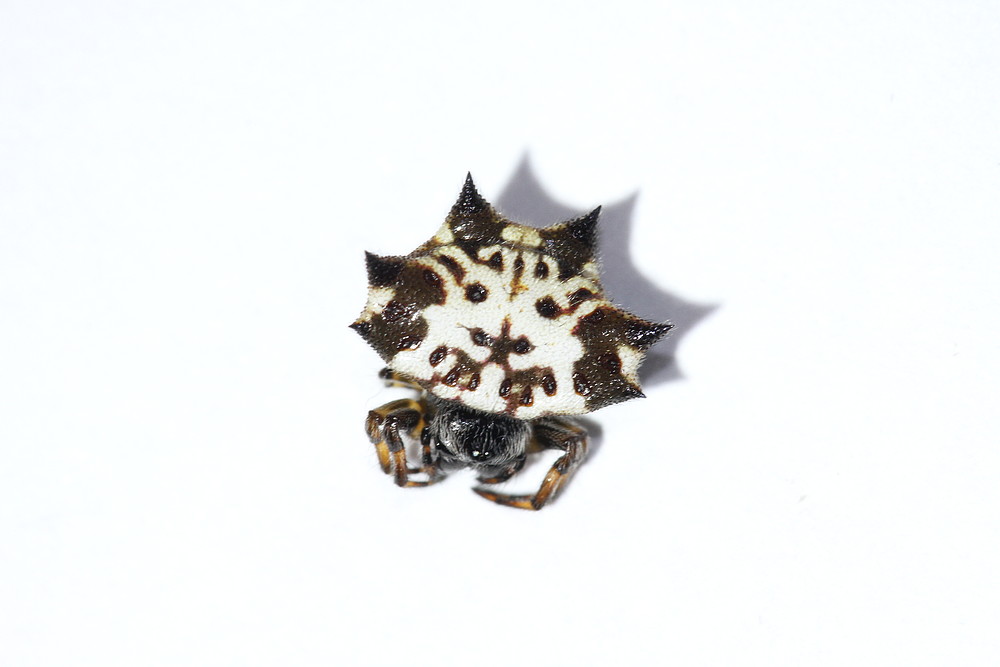The WWF is run at a local level by the following offices...
- WWF Global
- Adria
- Argentina
- Armenia
- AsiaPacific
- Australia
- Austria
- Azerbaijan
- Belgium
- Bhutan
- Bolivia
- Borneo
- Brazil
- Bulgaria
- Cambodia
- Cameroon
- Canada
- Caucasus
- Central African Republic
- Central America
- Central Asia
- Chile
- China
- Colombia
- Croatia
- Democratic Republic of the Congo
- Denmark
- Ecuador
- European Policy Office
- Finland
For a relatively small city Hong Kong has an incredibly rich biodiversity, especially in our wetlands. Under the management of WWF-Hong Kong, Mai Po Nature Reserve has become an iconic wetland for Hong Kong and South China – providing food and habitat for over 60,000 birds from more than 400 species each year. Alongside the Mai Po and Inner Deep Bay Ramsar site, the reserve is home to various types of local wildlife including aquatic fauna, insects, amphibians, reptiles, fish and mammals.
Over 400 species of birds: Among which, over 50 are of global conservation concern, including the iconic black-faced spoonbill, Saunders' gull and Nordmann’s greenshank
100+ butterfly species and 300+ moth species: Two of the moth species – including Thalassodes maipoensis– are new to science
50+ of dragonfly and damselfly species : One being globally-threatened is the four-spot midget
40+ crabs species: The list includes Parasesarma maipoensis, which was first found at Mai Po
10+ shrimp species
100+ aquatic invertebrates including 40+ crab and 10+ shrimp, excluding insects;
320+ plants species
30+ mammal species, including the Eurasian otter, a species of special conservation concern;
50+ fish species
20+ reptile species and 8 amphibian species

We manage and maintain the major habitats in Mai Po Nature Reserve to safeguard, and maximise native biodiversity, particularly species of conservation importance.
We research and monitor habitats and wildlife to ensure management yields the desired benefits for species and share experience with other wetlands in the region. We also facilitate external parties to conduct research in our site.
We train fellow wetland conservationists in Asia in nature reserve management, and environmental education.
We offer guided public awareness programmes and school activities with the aim to nurture the next generation of nature guardians.
We promote and support measures to reduce and minimise external threats to the habitats and wildlife at the reserve
Thanks to a generous donation by HSBC, WWF-Hong Kong conducted a two-year baseline biodiversity survey with the following goals:To establish historical trends and foster local and regional involvement by collating existing biological information from Mai Po Nature Reserve and its nearby environs;
To gather the most up-to-date biological information from the Mai Po and Inner Deep Bay Ramsar site through in-depth biological field surveys;
To engage “citizen scientists” and enhance the biodiversity knowledge of the general public and secondary school and university students through participation in these biological surveys;
To share wetland conservation knowledge and ideas by publishing related education materials and organising wetland-themed symposiums.



